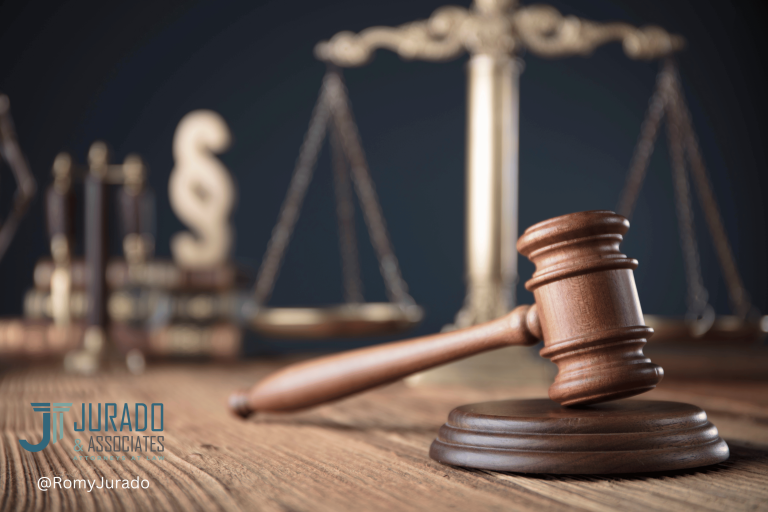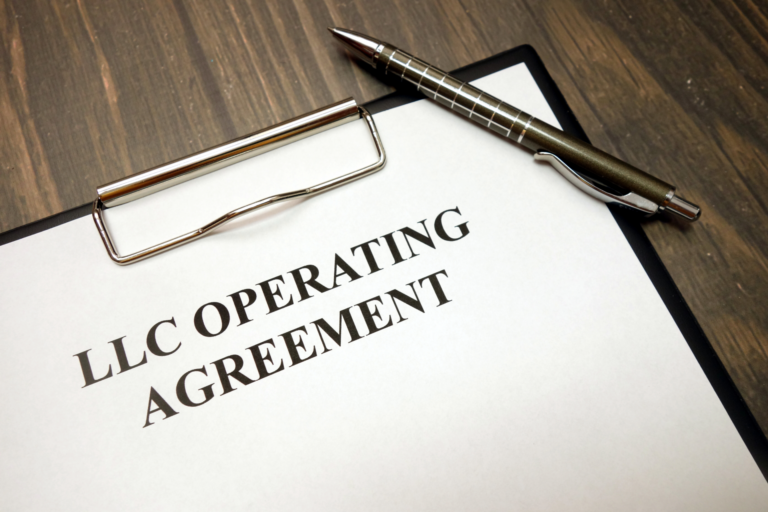Florida probate challenges are not uncommon and can give personal representatives and beneficiaries many headaches. However, these challenges are not impossible to overcome if you work with an experienced probate attorney.
Some of the most common Florida probate challenges are:
Locating the Will
One of the first Florida probate challenges that many families face is locating the decedent’s will. It is crucial to find the will as soon as possible to ensure that the probate process can begin in a timely manner.
If you cannot find the will, you may need to search the decedent’s personal belongings or consult with their attorney or financial advisor. It is also worth checking with the local probate court to see if the decedent had filed the will for safekeeping.
If all else fails, you may need to consider the possibility that there is no will and proceed with intestate succession, which is the process of distributing the estate of someone who died without a valid will.
Florida law has a set of rules that determine who inherits what in such cases, based on their relationship to the decedent. In other words, the assets are not distributed in accordance with the decedent’s wishes.
Will Contests
A will contest is a legal challenge to the validity of a will, and it can be based on various grounds, such as:
- The will was not properly executed according to Florida law
- The testator (the person who made the will) lacked mental capacity or was under undue influence at the time of making the will
- The will was procured by fraud, duress, or mistake
- The will was revoked or superseded by a later will
A will contest can delay the probate process and result in litigation expenses. To avoid a will contest, it is important to have a well-drafted and updated will that reflects your wishes and complies with Florida law.
Creditor Claims
Another common Florida probate challenge is dealing with creditor claims. Creditors have a limited time to file their claims against an estate, usually within three months after the notice of administration is published in a newspaper.
Creditor claims can reduce the value of an estate and affect the distribution of assets to the beneficiaries. To protect an estate from creditor claims, it is important to notify all known creditors of the probate proceeding and pay any valid claims from the estate funds.
However, it is also important to consult with an experienced probate attorney who can help you identify and dispute any fraudulent or invalid claims.
Beneficiary Disputes
Beneficiaries are individuals or entities who are entitled to receive a portion of the estate according to the will or Florida law.
Beneficiaries can have conflicts over various issues, such as:
- The interpretation of the will
- The distribution of assets
- The accounting of estate expenses
- The performance of the personal representative (the person who administers the estate)
To prevent or resolve beneficiary disputes, it is important to communicate clearly and respectfully with all parties involved and follow the terms of the will, if there is one, or Florida law, if there is no will.
You should also consult with an experienced Florida probate attorney who can help you mediate or litigate any beneficiary disputes.
Exempt Property and Community Property
Exempt property is a category of assets that are not subject to creditor claims or distribution to the heirs. Florida law allows the surviving spouse or, if there is no spouse, the children of the decedent to claim certain exempt property from the estate, such as household furniture, appliances, personal effects, two motor vehicles, and certain benefits.
However, to claim exempt property, the surviving spouse or children must file a petition for exempt property within four months after receiving notice of the probate administration or within 40 days after the date of termination of any probate proceeding.
Community property is a system of property ownership that applies in some states but not in Florida. Under community property law, spouses are considered to own equal shares of all property acquired during their marriage, regardless of how it is titled.
Some Florida residents may have acquired community property rights in another state before moving to Florida. In such cases, the surviving spouse may elect to treat one-half of all the property owned by the decedent at death as community property for federal estate tax purposes.
This election may result in significant tax savings for the surviving spouse. However, to make this election, the surviving spouse must file a community property election within six months after the decedent’s death.
Out-of-State Property
If a decedent owned real or tangible personal property in another state, such as a vacation home or a car, that property may be subject to probate administration in that state as well as in Florida. This may result in additional costs, delays, and complications for the estate and the heirs.
The solution to this problem is proactive estate planning. You can transfer your out-of-state property to a revocable trust, a joint ownership arrangement, or an entity such as a family limited partnership or a limited liability company. However, these solutions may also have tax and legal implications that need to be considered carefully.
Overcoming Florida Probate Challenges is Easy When You Work with Experts
If you are facing any of these Florida probate challenges, you need a reliable and competent legal partner who can help you navigate the probate process and protect your rights and interests. That is why you should consider working with Jurado & Associates, P.A.
We understand that probate can be stressful and overwhelming, especially when you are dealing with grief and loss. That is why we are here to help you every step of the way, from filing the petition for administration to closing the estate.
You can reach us by phone and WhatsApp at (305) 921-0976 or by email at [email protected]
Do not let probate challenges get in your way. Contact us today and let us make probate easy for you!






